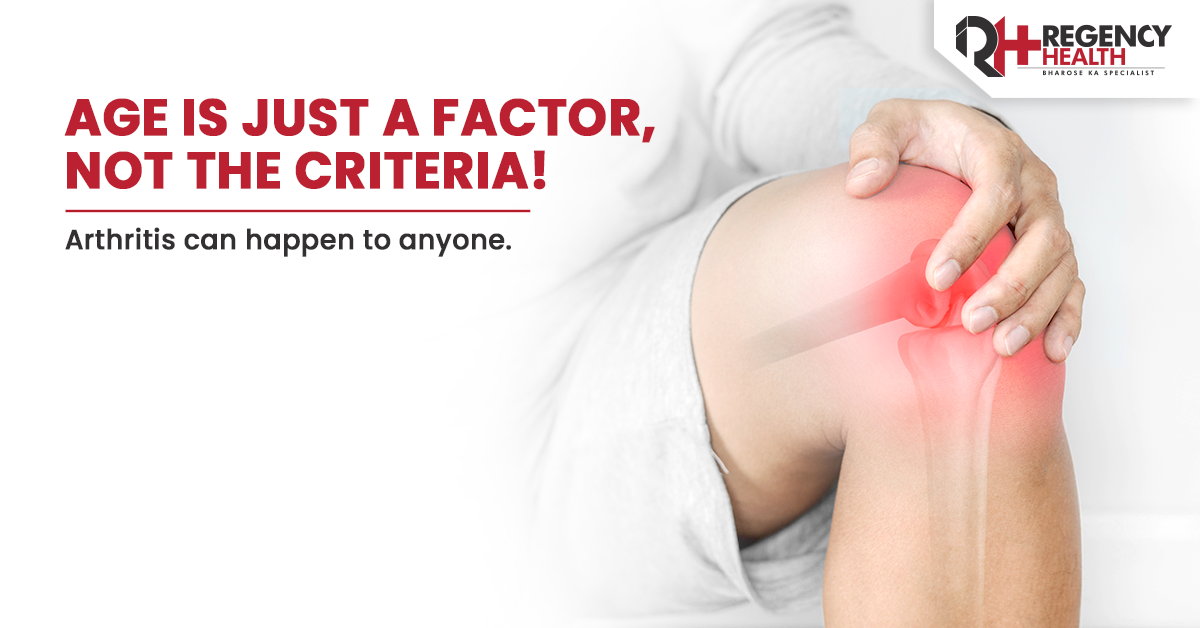Arthritis: Symptoms, Causes, Types, Treatment & Prevention

Arthritis is one of the most common joint disorders affecting millions of people worldwide. It causes pain, swelling, and stiffness in the joints, impacting mobility and overall quality of life. Understanding its symptoms, causes, and treatment options is essential for early diagnosis and effective management.
What Is Arthritis?
Arthritis is not a single disease, but a term used to describe joint inflammation. There are more than 100 different types of arthritis, and it can affect people of all ages, even children.
Common Symptoms of Arthritis
The symptoms may vary based on the type of arthritis but generally include:
- Joint pain and stiffness
- Swelling and redness
- Reduced range of motion
- Warmth around the affected joint
- Fatigue (especially in autoimmune arthritis)
- Morning stiffness lasting longer than 30 minutes
Causes of Arthritis
Arthritis can develop due to several factors, including:
- Age: Risk increases with age.
- Genetics: Family history can play a role.
- Injury: Previous joint injuries may lead to arthritis later.
- Obesity: Extra weight puts pressure on joints, especially knees and hips.
- Autoimmune Disorders: Conditions like rheumatoid arthritis occur when the immune system attacks joints.
- Infections: Certain bacterial or viral infections can trigger joint inflammation.
Types of Arthritis
- Osteoarthritis (OA): The most common type, caused by wear-and-tear of cartilage.
- Rheumatoid Arthritis (RA): An autoimmune disease where the immune system attacks joint linings.
- Psoriatic Arthritis: Linked with psoriasis, affecting skin and joints.
- Gout: Caused by uric acid crystal buildup in joints, often affecting the big toe.
- Ankylosing Spondylitis: A type of arthritis that affects the spine and can cause chronic back pain.
Treatment Options for Arthritis
Treatment aims to reduce pain, improve joint function, and slow disease progression.
Medications:
- Pain relievers (acetaminophen, NSAIDs)
- Disease-modifying antirheumatic drugs (DMARDs) for autoimmune types
- Corticosteroids to reduce inflammation
Therapies:
- Physical therapy to strengthen muscles and improve mobility
- Occupational therapy to make daily activities easier
Lifestyle Changes:
- Low-impact exercises like swimming, yoga, and walking
- Healthy weight management
- Balanced diet rich in anti-inflammatory foods
Surgical Options:
- Joint repair or replacement in severe cases
Prevention Tips
While some forms of arthritis cannot be completely prevented, you can reduce your risk with these steps:
- Maintain a healthy weight
- Protect your joints during sports and activities
- Stay physically active
- Eat a balanced diet rich in omega-3 fatty acids, calcium, and vitamin D
- Get regular check-ups if you have a family history of arthritis
Conclusion
Arthritis can be painful and disabling, but with early diagnosis, proper treatment, and lifestyle modifications, it is possible to manage symptoms and maintain a healthy, active life. If you notice persistent joint pain, swelling, or stiffness, consult a doctor to get the right treatment plan and prevent further joint damage. Regency Hospital Kanpur provides advanced diagnostic facilities and expert rheumatology and orthopedic care to help you manage arthritis effectively and improve your quality of life. For specialized care, you can also consult the best ortho doctor in Lucknow to ensure comprehensive treatment and long-term relief.
Frequently Asked Questions (FAQs)
Can arthritis be completely cured?
No, most types of arthritis cannot be completely cured. However, with early diagnosis, proper medications, lifestyle changes, and therapy, symptoms can be managed, and disease progression can be slowed down.
What is the first sign of arthritis?
The most common early sign is joint pain or stiffness, especially after waking up in the morning or after periods of inactivity. Swelling, warmth, and reduced flexibility may also occur.
Is arthritis only seen in older people?
No. While the risk increases with age, arthritis can affect anyone — including young adults and even children (juvenile arthritis).
Can diet really help with arthritis symptoms?
Yes. A diet rich in omega-3 fatty acids (from fish, flaxseeds), antioxidants (fruits, vegetables), calcium, and vitamin D can help reduce inflammation and strengthen bones and joints.
When should I see a doctor for joint pain?
You should consult a doctor if you experience joint pain, swelling, or stiffness lasting more than a few weeks, or if it interferes with your daily activities. Early intervention can prevent long-term damage.
Also Read: What is Osteoarthritis? Causes, Symptoms, and Treatment Explained

 Call-an-Ambulance
Call-an-Ambulance



